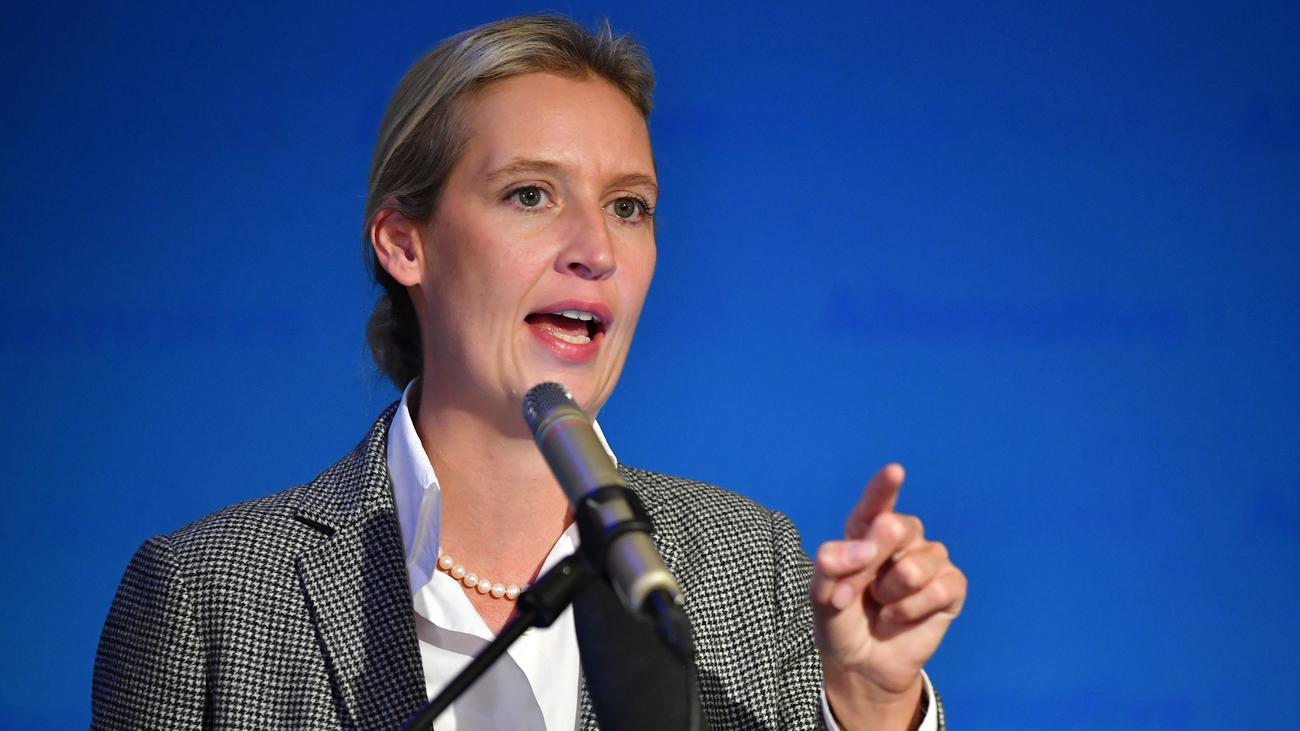Bjorn Hocke, a politician belonging to Alternativ fur Deutschland (AfD) and a representative in Thuringia’s Landtag, was found guilty of using a Nazi slogan on Wednesday following a month-long trial.
The Slogan in Question
The charges resulted from a speech that Hocke gave in Saxony-Anhalt, wherein the politician stated, “Alles für unsere Heimat, alles für Sachsen-Anhalt, alles für Deutschland,” translating to “Everything for our homeland, everything for Saxony-Anhalt, everything for Germany.”
In December 2023, Hocke encouraged supporters to use the phrase once again, calling out “alles für,” leading the audience to yell out “Deutschland.” This phrase was commonly used by the Nazi paramilitary group Sturmabteilung (Storm Division) and made common appearances on the group’s daggers and other paraphernalia. Despite the two instances of usage and prosecutors’ requests to try him on both counts, the court only tried Hocke on the incident in 2021.

Hocke claimed that he had not known the phrase was used by Sturmabteilung, which has led to some skepticism by critics due to Hocke’s career as a history teacher prior to his moving to politics. Hocke reportedly argued in court that the phrase was a common saying, should not be banned, and was “completely innocent” of the charge.
The judge presiding over the case, Jan Stengel, reportedly told Höcke he was “an articulate, intelligent man who knows what he is saying,” as reported by the German news agency DPA.
This was not the first controversy revolving around Hocke; in 2017, he gave a speech to supporters in Dresden, where the politician criticized the Memorial to the Murdered Jews of Europe in Berlin. In this speech, Hocke stated that “We Germans, that is, our people, are the only people in the world who have planted a monument of shame in the heart of their capital.” Leading a number of Jewish community leaders and politicians alike to condemn the speech for perceived antisemitism.
While the charge could have landed Hocke in prison for a maximum of three years and barred him from holding public office, the court instead only ordered the politician to pay 13,000 euros (14,000 USD), with the proceeds going to a grassroots anti-extremism program, according to DW News.
Analysis
Hocke’s loss in court has been another blow to the AfD following a court ruling on Monday that declared the party a suspected right-wing extremist organization. Hocke’s ruling alongside the Monday ruling will likely hurt the AfD in popularity polls and may prevent the party from securing votes in western Germany, where the party is weakest.
It remains uncertain how these rulings will affect the AfD, as the party has held higher approval in polls than that of the ruling Social Democrats (SPD). The AfD currently stands at 17 percent, while the SPD has only managed to gain 15 percent of the polls, according to Politico.
Furthermore, the increasing pressure on the AfD has led some to suggest outright banning the populist party, although such a ban would have to undergo an extensive court case and investigation by authorities. Hocke’s ruling, however, may grant the process further credibility, offering a chance of a party ban.

In order to ban a political party in Germany, a case would have to first be requested by either the Bundestag (the German federal governing body) or the Bundesrat (the federal representation of the sixteen German states). The German Federal Office for the Protection of the Constitution (BfV) would then have to prove that the AfD actively seeks to end the democratic process in Germany.
“At this point, a procedure to ban the party would still have to identify an element that is actively militant, in other words, that acts according to a plan,” the President of the Thuringian BfV, Stephan Kramer, stated. “For this to happen, it is not necessary that any crimes have been committed.”
Others have condemned this idea, with some claiming such a ban would only further the party’s support, especially due to the AfD’s claims that they are the target of a concerted government effort to remove an opposition party from running for office.
“The establishment of this state—and that includes the BfV and the media—is being used to exclude us from democratic competition,” Weidel stated following the Monday ruling.
“You can’t simply ban a party that gets 20–30 percent approval,” Volker Boehme-Nessler, a political scientist, told the eastern German broadcaster MDR, which broadcasts for the federal states of Saxony, Saxony-Anhalt, and most notably Thuringia, where the party has achieved most of its success.

